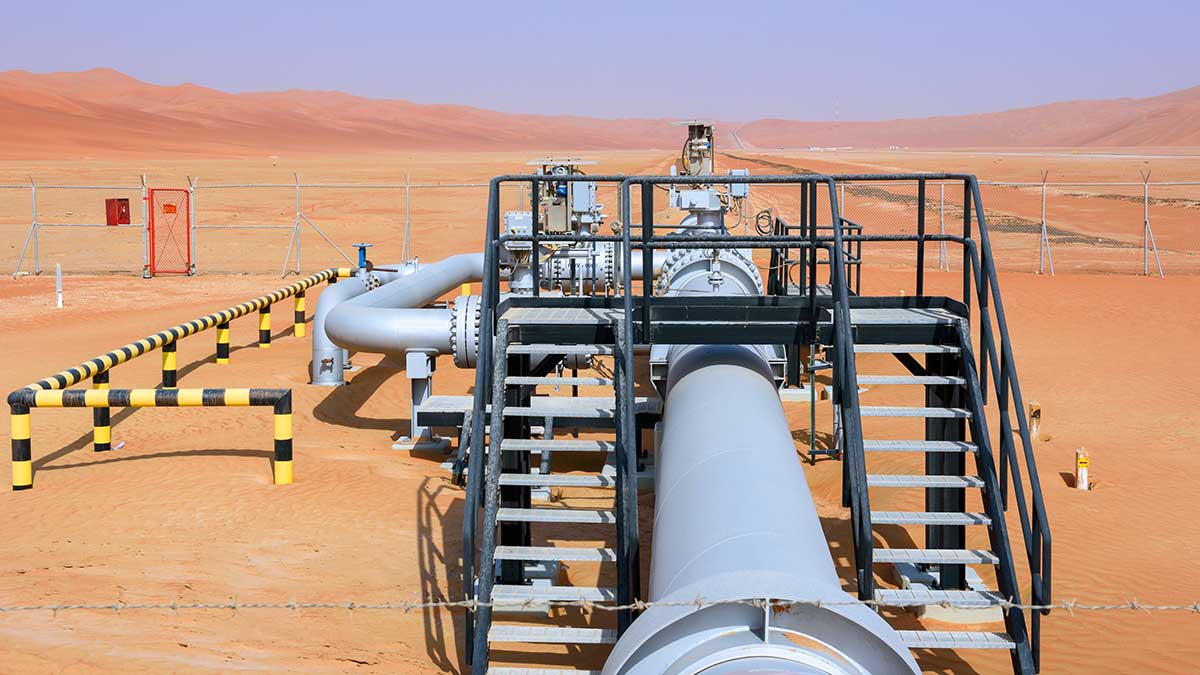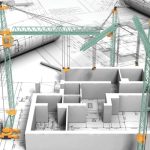Course Overview:
The “Pipeline Design and Pump Stations” course focuses on the fundamental principles and techniques used in the design, implementation, and maintenance of pipeline systems and pump stations. The course aims to equip participants with the necessary knowledge to efficiently plan and design fluid transportation systems, including assessing hydraulic needs, selecting appropriate pumps, and analyzing performance.
Course Objectives:
- Understand the engineering fundamentals of pipeline and pump station design.
- Familiarize participants with different types of pumps and their applications in transportation systems.
- Learn how to perform the hydraulic calculations necessary for designing pipeline systems.
- Develop skills to select suitable materials for pipelines.
- Enhance the ability to evaluate performance and ensure proper maintenance of transportation systems.
Training Content:
- Introduction to pipeline design and pump stations.
- Types of fluids and their hydraulic properties.
- Pressure and flow calculations in pipeline systems.
- Pump selection and drive systems.
- Design of pump stations and their components.
- Hydraulic performance analysis of pipeline systems.
- Control and operation systems in pump stations.
- Maintenance and effective operation of pipelines and pump stations.
Target Audience:
This course is aimed at civil and mechanical engineers, water resource engineers, designers in transportation systems, engineering students, as well as technicians and specialists working in the maintenance and operation of pump stations and pipelines. It is also beneficial for project managers and executives seeking to enhance their knowledge in the design and operation of efficient transportation systems.






